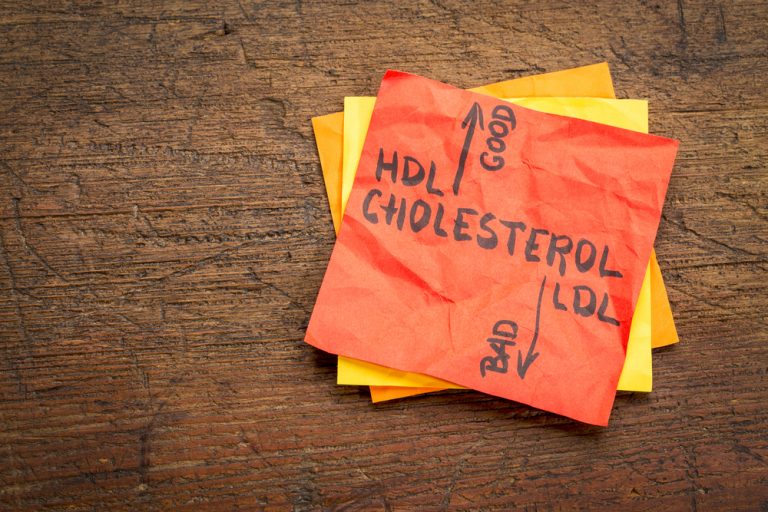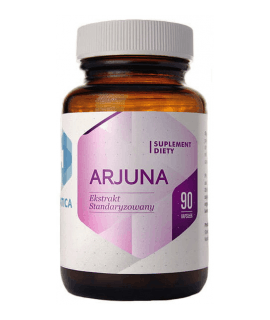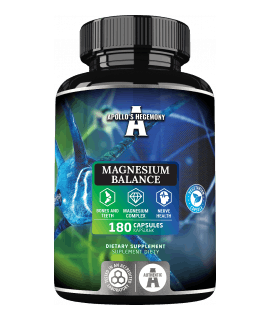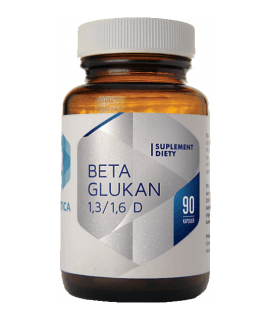When your cholesterol level is out of the norm, the first thing you should do is change your diet. Often, the results improve after just 3 months of using the anti-cholesterol diet. What to eat to lower your cholesterol?
Why is cholesterol dangerous?
An anticholesterol diet is a powerful weapon of choice when your cholesterol is too high. Check what you can eat to lower your cholesterol. Vegetarian lasagne with cream sauce for dinner plus a donut for dessert, fish salad for dinner with a bottle of fruit juice drank throughout the day - at first glance, it seems that this is the right all-day menu. But not for a person with high cholesterol
Such meals set is a huge dose of cholesterol, although it has no meat or cold cuts. Take a closer look at the ingredients in this menu.
Meatless dinner, with a lot of vegetables - it is commendable, if not for the cream sauce and a large amount of cheese – it contains a lot of cholesterol (70-80 mg in 100 g depending on the species of cheese). The dessert donut is fried using lard, hence 73 mg of cholesterol can be found in one cake. Fish salad for dinner – great choice! Of course only if the sauce is based on vinaigrette not mayonnaise. The juice is fine but it contains a lot of simple sugar. And sugar also affects the body’s fat metabolism negatively.
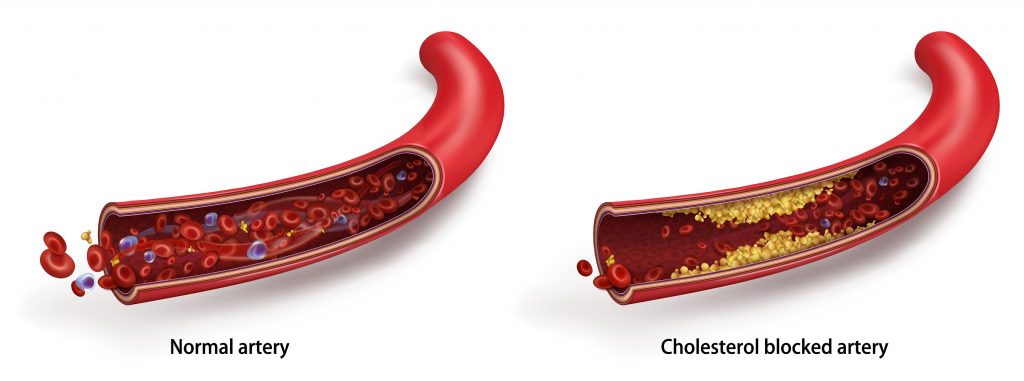
Anti-cholesterol diet - how to avoid food traps?
It is not enough that you will not eat animal products - meat, especially pork, mutton, beef, butter, because they contain the most cholesterol. Anyway, it’s hard to avoid them if you don’t follow a strict vegan diet. You must choose those products that contain as little of cholesterol as possible.
It is also worth paying attention to the way the dish is prepared. Instead of frying meat, it is better to bake it in aluminium foil or the so-called baking sleeve without using fat at all.
Minimize sugar and products with added sugar (including all sweet soda drinks). It has a negative effect on the triglycerides level in your blood. Avoid processed foods such as fast foods, chips, fries. They are a source of saturated fatty acids, as well as salt, which we eat too much anyway (the norm that should not be exceeded is a flat teaspoon of salt per day).
Elevated cholesterol - treatment by diet
When your cholesterol is slightly above the norm (total over 190 mg%), the first thing you can do is change your diet. Often the results improve after just 3 months. But you shouldn’t stop just yet! Diet (its necessary complement is physical activity) should be used throughout the whole life.
What kind of diet will lower cholesterol?
Minimize animal products. They contain saturated fatty acids that increase LDL cholesterol and triglyceride levels. Avoid egg yolks, butter, offal (liver, kidneys, tongue, heart) - these are record holders for cholesterol content.
Good animal-derived protein is provided by fish. Unfortunately, you should remove herring, salmon, mackerel and tuna from your cholesterol-lowering diet.
You should also consider including more unsaturated fatty acids in the diet. A great source of these acids is vegetable oil (e.g. from grape seed, sunflower), as well as nuts, grains and seeds (pumpkin, sunflower, sesame). Sesame is a source of phytosterols - substances that inhibit the absorption of low-density cholesterol in the digestive tract. So it’s better for dessert instead of a cookie, to reach for sesame!
Replace animal sources of protein with vegetable ones - most of can be found in legumes (beans, peas, lentils, chickpeas). They are also rich in dietary fibre. Try it for yourself! For example, soy and its preparations (e.g. tofu cheese), which 40% consists of valuable protein and also it reduces bad cholesterol level!
Eat as many vegetables as possible - at least 400 grams of them per day, preferably in several portions. They contain fibre which is highly valuable in the fight against cholesterol. But be careful with the fruits, because many of them contain too much sugar. The exceptions are oranges and grapefruits which you should eat every day (at least one).
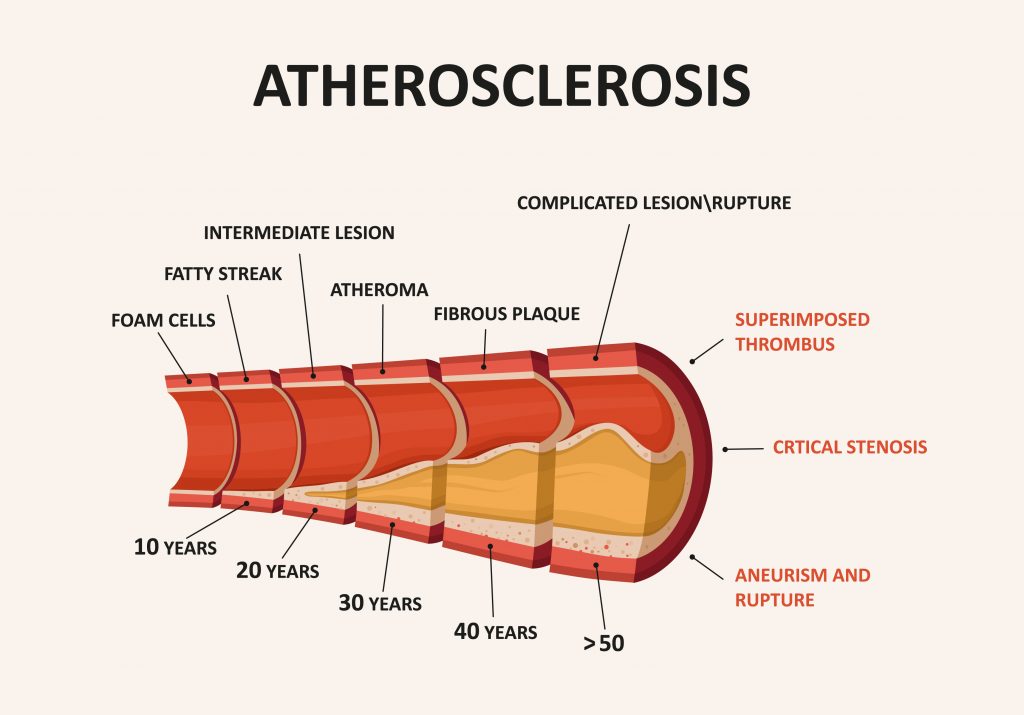
Fibre (as well as vitamins and microelements) can also be found in whole grain products, wholemeal bread, wholemeal pasta, and unrefined rice.
What vitamins help lower cholesterol?
When cholesterol oxidizes the state called atherosclerosis can occur. Antioxidants such as vitamin C, E, carotenoids and flavonoids counteract this process. They suppress the activity of free radicals which increase the rate of developing atherosclerosis. Scientists have proven that cholesterol plaque is most often deposited in people whose body has low levels of these compounds.
